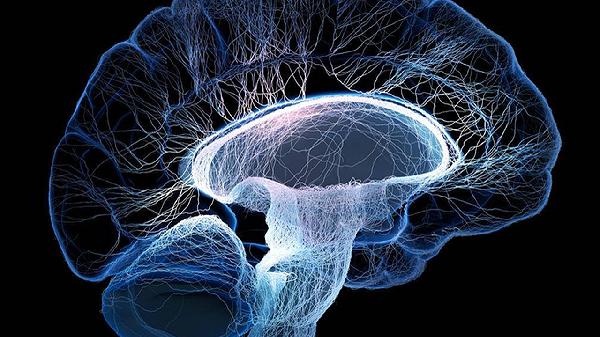If you're reading this, congratulations—you've made it past the first hurdle of modern existence: actually focusing long enough to engage with something longer than a tweet. The struggle is real, and you're not alone. Our brains are constantly bombarded with notifications, endless tabs, and the nagging guilt of unanswered texts. It's like trying to meditate in the middle of Times Square. But why does it feel like our attention spans are shrinking faster than a cheap T-shirt in the dryer?
The Science Behind Our Scattered Brains
Blame it on evolution—sort of. Our brains weren’t designed for the digital age. Back when survival meant spotting predators in tall grass, distraction was a feature, not a bug. Fast-forward to today, and our neural wiring is still stuck in "scan for threats" mode—only now, the "threats" are unread emails and Instagram likes. Research shows that the average attention span has plummeted to roughly 40 seconds, thanks to the dopamine-driven feedback loops of social media and the 24/7 news cycle. Every ping, buzz, or flash trains our brains to crave novelty, making sustained focus feel like running a marathon in flip-flops.
Why Your Brain Feels Like a Browser With 100 Tabs Open
Ever sit down to work, only to realize you’ve spent 20 minutes deep-diving into Wikipedia articles about medieval sword-fighting techniques? Same. The culprits behind this mental chaos include:
Rebuilding Your Focus Muscles
Good news: attention spans aren’t fixed. Think of focus like a muscle—it weakens without practice but can be strengthened with the right training. Here’s how to rehab your brain:
1. Hack your environment
2. Work with your brain, not against it
3. Fuel your focus
4. Train your mind
5. Reset your relationship with tech
When to Seek Help
If focus issues are wrecking your work, relationships, or mental health, it might be time to call in the pros. Therapists can help unpack whether ADHD, anxiety, or other factors are at play. Cognitive Behavioral Therapy (CBT) and targeted strategies (like ADHD coaching) can be game-changers.
Bottom line? Attention isn’t gone—it’s just buried under layers of modern-life clutter. With patience and the right tools, you can dig it back out. Now, if you’ll excuse me, I need to go stare at a wall for 10 minutes to recover from writing this.
























